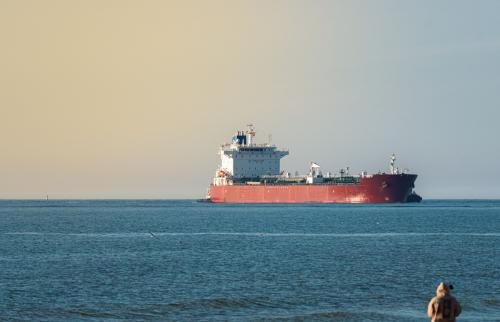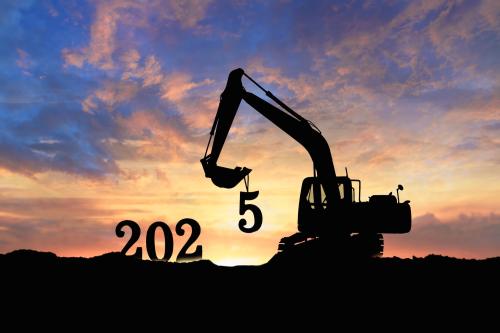Today, the future of Africa holds more promise and opportunity than ever before.
From urbanization and economic growth, to public health and energy, Africa is developing at a pace that rivals nearly every other region of the world. It is truly the continent of the 21st century.
Until recently, East Africa was considered poor in traditional energy sources. Since 2010, however, natural gas discoveries in Tanzania, Mozambique and other countries have made East Africa a hotbed of regional gas exploration and development. As countries such as Tanzania, Mozambique and Kenya join Nigeria in beginning to realize the potential of new oil and natural gas reserves, it is essential that we work with our partners to ensure these resources are developed responsibly and in a way that benefits populations.
While Africa’s great potential is clearer today than ever before, it still faces significant challenges in its economic and social development. Access to electricity is necessary for sustainable economic growth and the largest infrastructure deficit in sub-Saharan Africa is in the energy sector. In fact, today, nearly 70 percent of Africans—or about 590 million people—lack access to power. This number rises to more than 85 percent in rural areas.
Closing this huge access gap is critical and urgent, and the benefits of new oil and gas reserves will take years, if not decades, to fully realize.
Investing in Africa’s energy development is something that will take the collective effort of all of us—including the U.S. government, African governments, multinational institutions and the private sector.
With the administration’s Power Africa initiative and complementary bills in the House and Senate, the U.S. government is committed to expanding access to power, generation and transmission in Africa that includes an emphasis on renewable energy and off-grid solutions.
Critical to this initiative’s success is building the capacity to develop, approve, and effectively bring power projects on line. To support this, we are working with African governments to promote reforms that aim to improve energy governance.
Now, while many African countries are rapidly urbanizing, we must continue to invest in mini-grid and off-grid solutions as well, in order to meet the goal of doubling access to power in Africa. Distributed generation using renewable energy sources must also play an important role in the future of power generation. From solar to hydropower, geothermal, wind and natural gas, African nations have the tools to increase access to power while realizing a cleaner energy future.
With the great opportunities and challenges that remain, it is essential to continue to partner with organizations such as Oxfam and the Brookings Africa Growth Initiative, which effectively help communities throughout the world address energy poverty.
I’m optimistic that together we can enable Africa to unlock its infinite potential and improve the lives of future generations.
The Brookings Institution is committed to quality, independence, and impact.
We are supported by a diverse array of funders. In line with our values and policies, each Brookings publication represents the sole views of its author(s).




Commentary
Africa’s Promising Energy Future
February 20, 2014